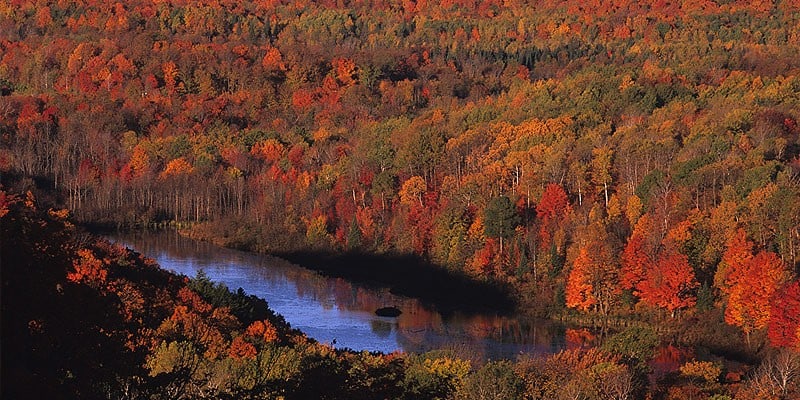This may shock some readers but, I am actually against HR 3188. I don’t support any logging in Yosemite National Park, or in the Emigrant Wilderness, other than hazard tree projects. What is also pretty amazing is that others in the House have signed on to this bill. It seems like political “suicide” to go on record, being in favor of this bill. However, I am in favor of exempting regular Forest Service lands, within the Rim Fire, from legal actions, as long as they display “due diligence” in addressing endangered species, and other environmental issues. Did McClintock not think that expedited Yosemite National Park logging would be, maybe, the largest “dealbreaker” in history?
Here is McClintock’s presentation:
HR 3188 – Timber Fire Salvage
October 3, 2013Mr. Chairman:I want to thank you for holding this hearing today and for the speedy consideration of HR 3188.It is estimated that up to one billion board feet of fire-killed timber can still be salvaged out of the forests devastated by the Yosemite Rim fire, but it requires immediate action. As time passes, the value of this dead timber declines until after a year or so it becomes unsalvageable.The Reading Fire in Lassen occurred more than one year ago. The Forest Service has just gotten around to selling salvage rights last month. In the year the Forest Service has taken to plow through endless environmental reviews, all of the trees under 18” in diameter – which is most of them – have become worthless.After a year’s delay for bureaucratic paperwork, extreme environmental groups will often file suits to run out the clock, and the 9th Circuit Court of appeals has become infamous for blocking salvage operations.We have no time to waste in the aftermath of the Yosemite Rim Fire, which destroyed more than 400 square miles of forest in the Stanislaus National Forest and the Yosemite National Park — the largest fire ever recorded in the Sierra Nevada Mountains.The situation is particularly urgent because of the early infestation of bark beetles which have already been observed attacking the dead trees. As they do so, the commercial value of those trees drops by half.Four hundred miles of roads are now in jeopardy. If nearby trees are not removed before winter, we can expect dead trees to begin toppling, risking lives and closing access. Although the Forest Service has expedited a salvage sale on road and utility rights of way as part of the immediate emergency measures, current law otherwise only allows a categorical exemption for just 250 acres – enough to protect just 10 miles of road.By the time the normal environmental review of salvage operations has been completed in a year, what was once forest land will have already begun converting to brush land, and by the following year reforestation will become infinitely more difficult and expensive – especially if access has been lost due to impassibility of roads. By that time, only trees over 30 inches in diameter will be salvageable.Within two years, five to eight feet of brush will have built up and the big trees will begin toppling on this tinder. You could not possibly build a more perfect fire than that.If we want to stop the conversion of this forestland to brush land, the dead timber has to come out. If we take it out now, we can actually sell salvage rights, providing revenue to the treasury that could then be used for reforestation. If we go through the normal environmental reviews and litigation, the timber will be worthless, and instead of someone paying US to remove the timber, WE will have to pay someone else to do so. The price tag for that will be breathtaking. We will then have to remove the accumulated brush to give seedlings a chance to survive – another very expensive proposition.This legislation simply waives the environmental review process for salvage operations on land where the environment has already been incinerated, and allows the government to be paid for the removal of already dead timber, rather than having the government pay someone else.There is a radical body of opinion that says, just leave it alone and the forest will grow back.Indeed, it will, but not in our lifetimes. Nature gives brush first claim to the land – and it will be decades before the forest is able to fight its way back to reclaim that land.This measure has bi-partisan precedent. It is the same approach as offered by Democratic Senator Tom Daschle a few years ago to allow salvage of beetle-killed timber in the Black Hills National Forest.Finally, salvaging this timber would also throw an economic lifeline to communities already devastated by this fire as local mills can be brought to full employment for the first time in many years.Time is not our friend. We can act now and restore the forest, or we can dawdle until restoration will become cost prohibitive.




